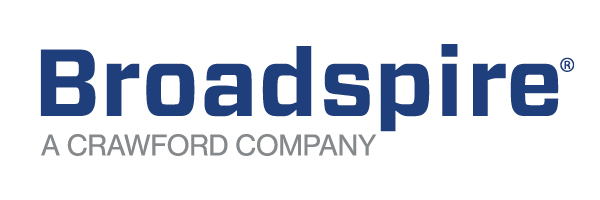Your employee provides a medical certification that says they cannot work more than 40 hours a week and no more than 8 hours a day. In other words, your employee cannot work overtime. This scenario has always presented challenges to employers. Scheduling, productivity, interruption of business operations, and fairness to other employees are just a few issues that arise. The newly-issued Department of Labor opinion letter confirms that these “no overtime” requests are FMLA-protected, and in some cases, indefinitely.
In this webinar, we identified compliance pitfalls employers face when overtime or scheduling becomes an issue. The discussion navigated how to calculate FMLA entitlement, determining whether the FMLA even applies when there is a permanent schedule change, and how to determine if overtime work is an essential function under the ADA. We explored the steps an employer can take to deal with no overtime or other scheduling restrictions, and discussed what options are available.




























